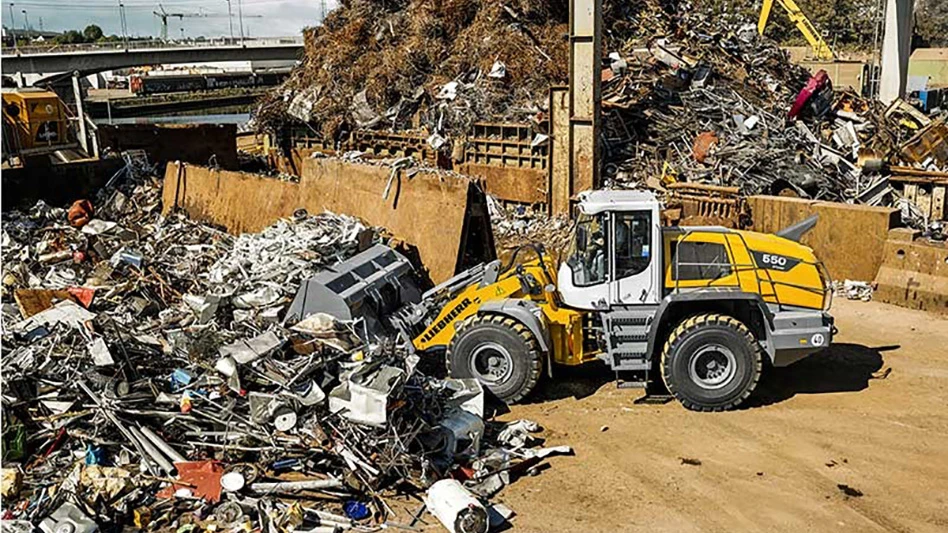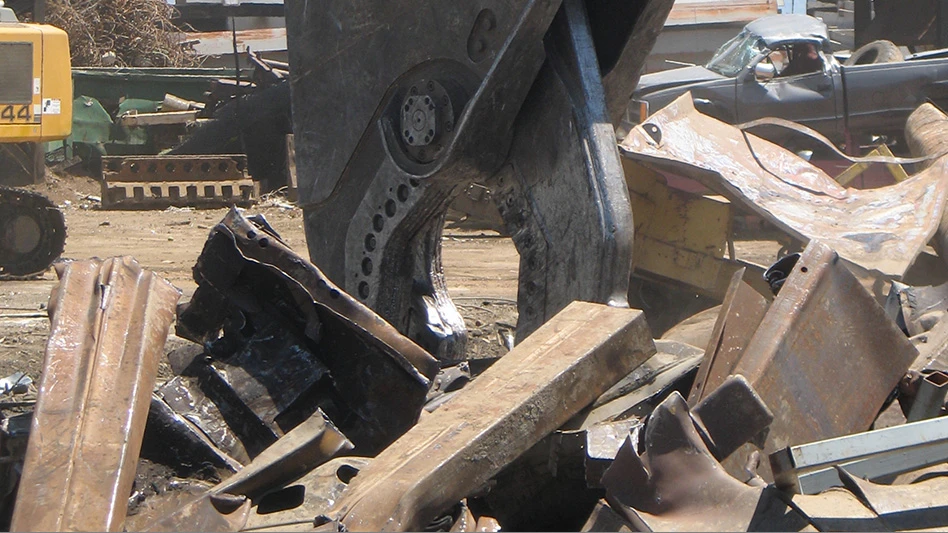
The California Department of Resources Recycling and Recovery awarded $8.2 million in grants to 30 communities that are using recycled tires for road upgrades and civil engineering projects.
According to the department, projects supported by CalRecycle’s Rubberized Pavement and Tire-Derived Aggregate grant programs help California use some of the 48 million scrap tires managed in the state each year.
“These public works projects help keep California scrap tires out of our landfills and promote local markets for recycled tire products,” CalRecycle Director Scott Smithline says. “CalRecycle’s grant programs turn our old tires into a resource to make our communities safer and reduce local costs for infrastructure projects.”
Napa County was awarded $510,082 to use about 4,000 tons of tire-derived aggregate in place of conventional construction material for civil engineering projects. The properties of scrap tires allow for “free-draining, lightweight and typically less expensive solutions” for these types of projects.
Thirty communities were awarded gants for road repair and resurfacing projects that use recycled tires.
Rubberized asphalt concrete, which is made by blending ground tire rubber with asphalt binder, is “ideal for high-traffic areas," uses approximately 2,000 recycled tires per lane mile, lasts up to 50 percent longer and can reduce road noise, the department says.
Grants are funded through a portion of the $1.75 fee consumers pay on each new tire purchased in California.
Latest from Recycling Today
- Shopping malls proposed as retail circularity centers
- 2026 Plastics Recycling Conference: The growing need for systemwide change
- APR recognizes plastics recycling leadership
- Trex announces leadership transition
- Caterpillar to launch redesigned rental management experience
- Struktol’s additives help transform recycled plastics
- Olympic Steel completes merger with Ryerson Holding Corp.
- RECOUP adds microplastic analysis





